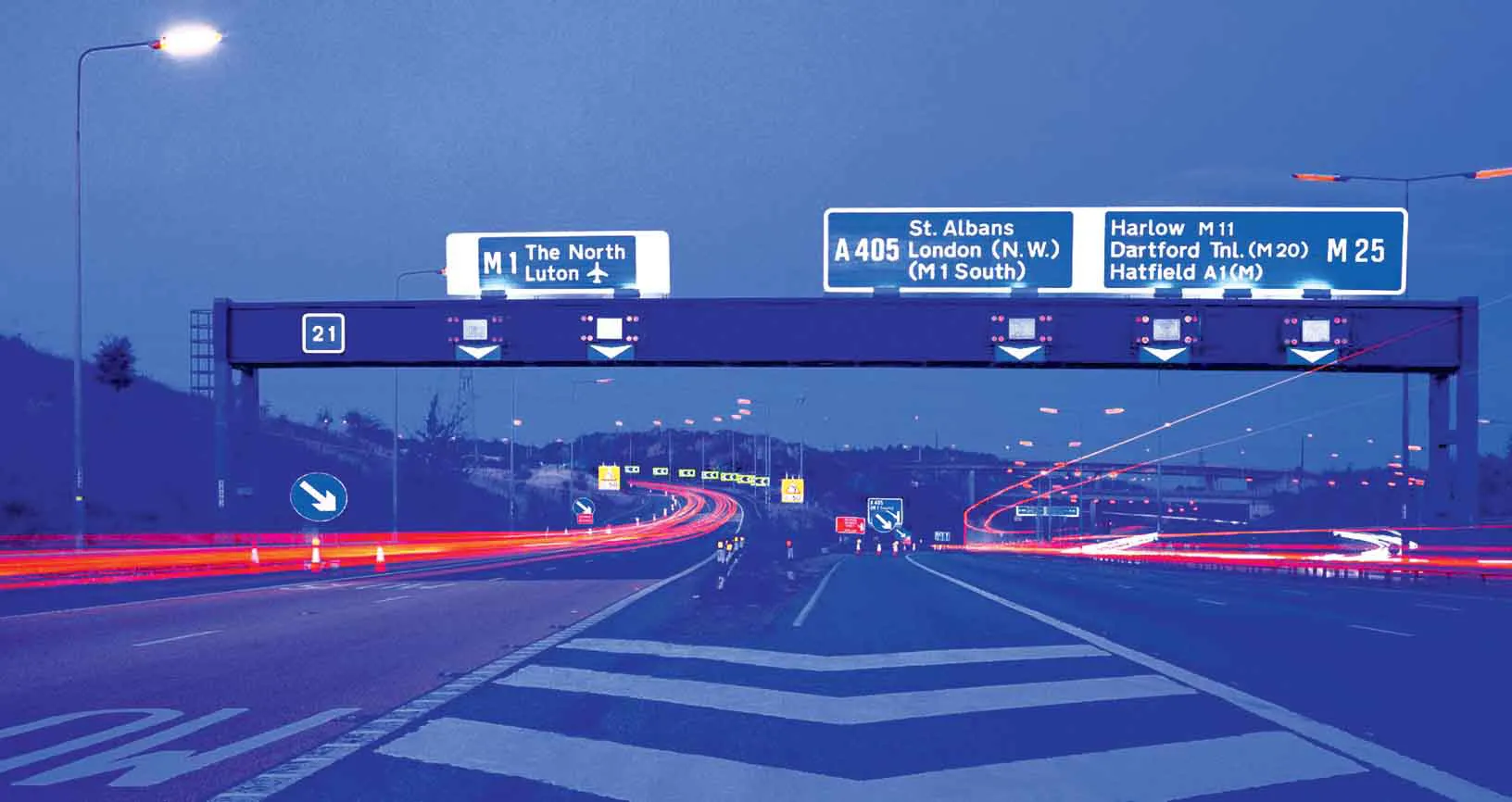The European Parliament's Committee on the Internal Market and Consumer Protection (IMCO) has voted in Brussels on its report on the proposal for a regulation on the approval and market surveillance of two- and three wheelers and quadricycles.
April 27, 2012
Read time: 2 mins
The European Parliament's Committee on the Internal Market and Consumer Protection (IMCO) has voted in Brussels on its report on the proposal for a regulation on the approval and market surveillance of two- and three wheelers and quadricycles. In the view of IMCO, as from 2016 motorcycles will have to become cleaner and manufacturers must apply ABS, even for light motorcycles. And as from 2014, measures to prevent powertrain modifications (which are still to be developed) must be applied. The rules will require owners to present their bikes for inspection when carrying out ‘substantial’ modifications. Today's vote provides a reference and recommendation for the final vote of the European Parliament, which is expected to be held by the beginning of 2012. Before the vote was carried - about 35 IMCO members voted around 100 times on compromises, single amendments and blocs of amendments - IMCO chairman Malcolm Harbour referred to an impact assessment, dealing with timelines, emission limits, ABS and anti-tampering measures, which has just started and whose outcome is expected to influence Parliament's final vote. With regard to powertrain modifications [Article 18] IMCO adopted a compromise in line with the 2465 European Commission's logic, with delegated acts laying down measures for manufacturers to prevent subsequent modifications by the user that may have adverse effects on safety or the environment. Additionally IMCO added a new article 18a which requires that users seek inspection and approval ‘by the competent authorities’ in case of substantial powertrain modifications. ‘A modification is deemed to be substantial when it renders the original type approval obsolete’ or when it harms safety or the environment. Aline Delhaye, General Secretary of Fema said, "This regulation contains many good parts 2906 Fema is in line with, like durability requirements and improved access to repair and maintenance information for the user. But if the current text of article 18 is finally adopted, it will mean that all the usual changes motorcyclists make for riding comfort, fuel efficiency, or simply to suit their riding style, will be illegal or will have to be checked and approved, even this has not been a problem so far and there is no reason why it should become a problem tomorrow. Fema will certainly keep on working on this regulation."






